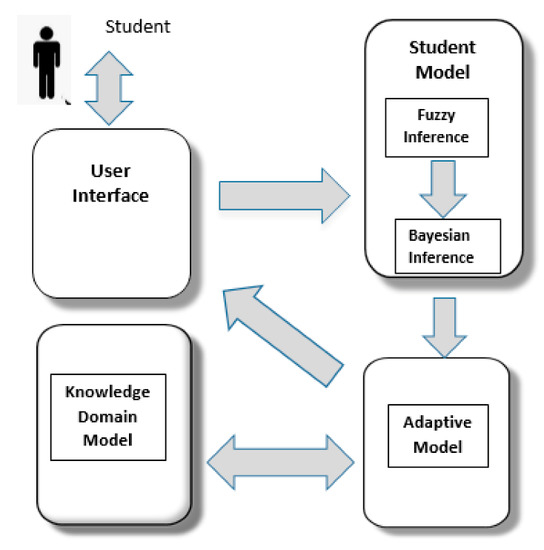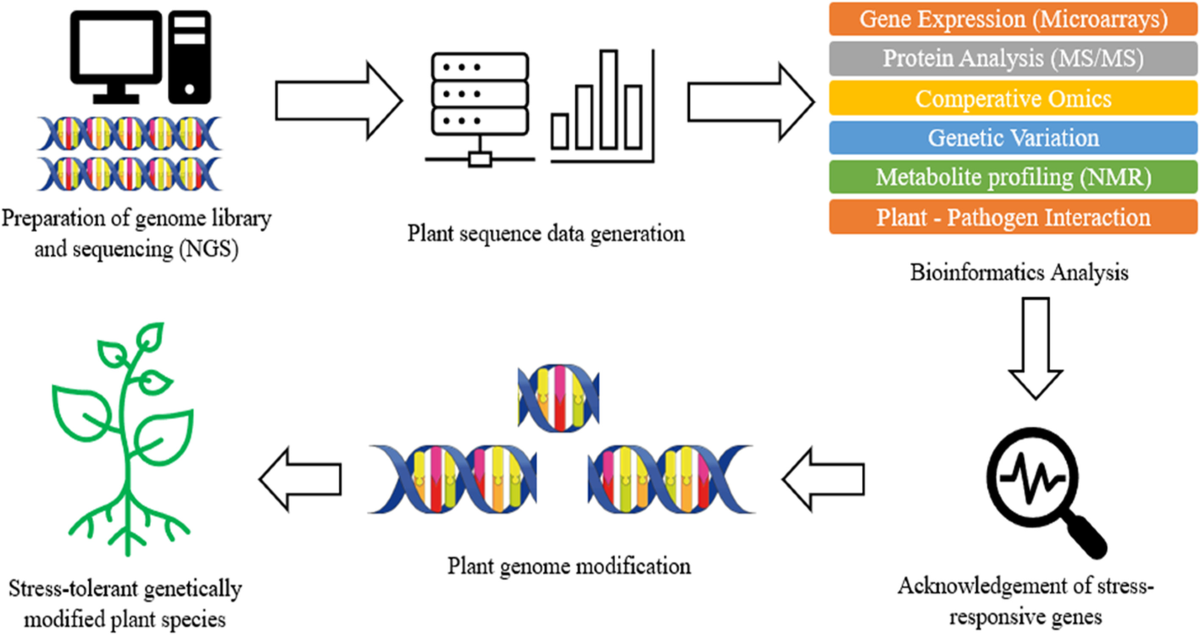Rumored Buzz on Bioinformatics Tutor
Rumored Buzz on Bioinformatics Tutor
Blog Article
The Single Strategy To Use For Bioinformatics Tutor
Table of ContentsThe smart Trick of Bioinformatics Tutor That Nobody is Talking AboutHow Bioinformatics Tutor can Save You Time, Stress, and Money.Bioinformatics Tutor Things To Know Before You Get ThisThings about Bioinformatics TutorThe Definitive Guide for Bioinformatics Tutor
Of the total individuals included in the training, 80% were trainees from public higher education institutions, while the remaining 20% originated from exclusive organizations. To receive a certificate of engagement, pupils were needed to attend at least 90% of the complete training hours. As a result of this requirement, an impressive 95% of the individuals effectively obtained their certifications, having not just met the minimum attendance standards however also finished all designated activities throughout the training.
Throughout the height of the COVID-19 pandemic, especially between June and August 2020, the job team was charged with organizing specialized training in bioinformatics. This training was especially targeted at trainees from the study group Core for Research in Applied Computer at the Federal College of Pará (UFRA) The adaptation to remote understanding platforms because of the pandemic developed a chance to discover new mentor techniques and digital tools that boosted both reach and effectiveness.
To reply to the expanding demand in the computing and life sciences areas, an innovative training course was presented in 2020 entitled Introduction to Machine Learning. This training course was created to supply an obtainable yet detailed introduction of Artificial Intelligence strategies, specifically as applied in bioinformatics. The program was executed over 3 months, from October to December 2020, and was provided totally online via the Google Meet system. This digital style allowed engagement from students throughout Brazil, numerous of whom might not have had the opportunity to go to in-person sessions.
The Greatest Guide To Bioinformatics Tutor
Approximately 50% of the total training hours were dedicated to functional tasks where trainees developed smart designs and applications in a variety of clinical domains, including genetics, molecular biology, and environmental data analysis. These systems made it possible for pupils to involve in real-time information adjustment, version training, and formula testing.
The program drew in 80 participants in total. Sixty of them were affiliated with various greater education and learning establishments in the state of Pará, while the staying twenty came from organizations located in five various other Brazilian states. This wide geographical representation highlighted the national interest in bioinformatics and the expanding need for specialized skills in this field. By introducing Expert system in a relevant and sensible context, the campaign offered to connect the space between concept and real-world application, supplying trainees with a solid foundation for future research study or work in the field.
The training campaign developed component of a broader scholastic outreach effort called the Bioinformatics when traveling job. This project has, for many years, introduced lots of pupils to the world of bioinformatics and computational biology. The occasions held under this umbrella initiative have actually happened across numerous regions and years, as summarized in Table 1 (Checklist of events, places, years, and complete numbers of trainees and instructors)
Among the most exceptional end results of the Bioinformatics when traveling campaign has actually been its contribution to the development of decentralized research groups. Numerous of these groups, at first united by their involvement in training occasions, have considering that taken place to produce independent scientific research study in cooperation with local academic organizations. The training not just cultivated scientific thinking within the context of bioinformatics but additionally stimulated collective relationships that expanded beyond the training environment. These cooperations have led to enhanced local scientific productivity and added meaningfully to the development of the more comprehensive bioinformatics community in Brazil.
All About Bioinformatics Tutor
The same group, leaving out IH and RR, likewise acted as tutors for the sensible training modules. Funding for the task was offered with the grant 88887.200562/ 2018-00 from CAPES.
The Federal University of Pará's Workplace of Study (PROPESP/UFPA) likewise gave financial assistance, especially for the production of the final manuscript. The writers proclaim no commercial or monetary disputes of passion that could have influenced the study. Furthermore, all viewpoints and interpretations expressed in this post are only those of the writers and do not necessarily reflect those of their particular establishments, the author, editors, or customers involved in find out here the publication process.

The Of Bioinformatics Tutor
From an instructional perspective, the mentor strategy utilized in the training was purposefully interactive. Classes were performed in a manner that encouraged trainee participation and conversation, exceeding memorizing memorization to discover exactly how concepts are established, applied in life, and checked in scholastic settings. The instructional philosophy concentrated on supporting both strong and struggling pupils, supplying individualized assistance, and structure confidence via continual mentorship and patience.

Each group, including approximately 36 individuals, was sustained by three mentors-- the majority of whom were postdoctoral scientists with specific know-how. These coaches not only helped make the team projects but additionally promoted their execution, guaranteeing that each research inquiry was both pertinent and properly challenging. The objective was to provide a naturally sensible context that participants could check out through flexible purposes and accessibility to curated datasets.
For added insights right into the methodology and results of this project-based learning approach, readers are guided to S1 Text, which consists of comprehensive summaries of the pedagogical framework, analysis strategies, and project themes used in the training sessions.
Some Known Details About Bioinformatics Tutor
Of the total amount participants involved in see it here the training, 80% were trainees from public greater education organizations, while the continuing to be 20% came from private organizations. To certify for a certification of participation, students were called for to participate in at least 90% of the overall training hours. Especially, beyond the pupils that enlisted in the training sessions, 7 knowledgeable instructors got involved in providing the courses, while 3 committed research teachers worked with the overall training process. Approximately 50% of the complete training hours were dedicated to functional tasks where pupils constructed smart models and applications in a variety of scientific domains, including genes, molecular biology, and ecological data evaluation. The training not just fostered scientific reasoning within the context of bioinformatics but likewise stimulated collective partnerships that expanded past the training atmosphere.
Report this page